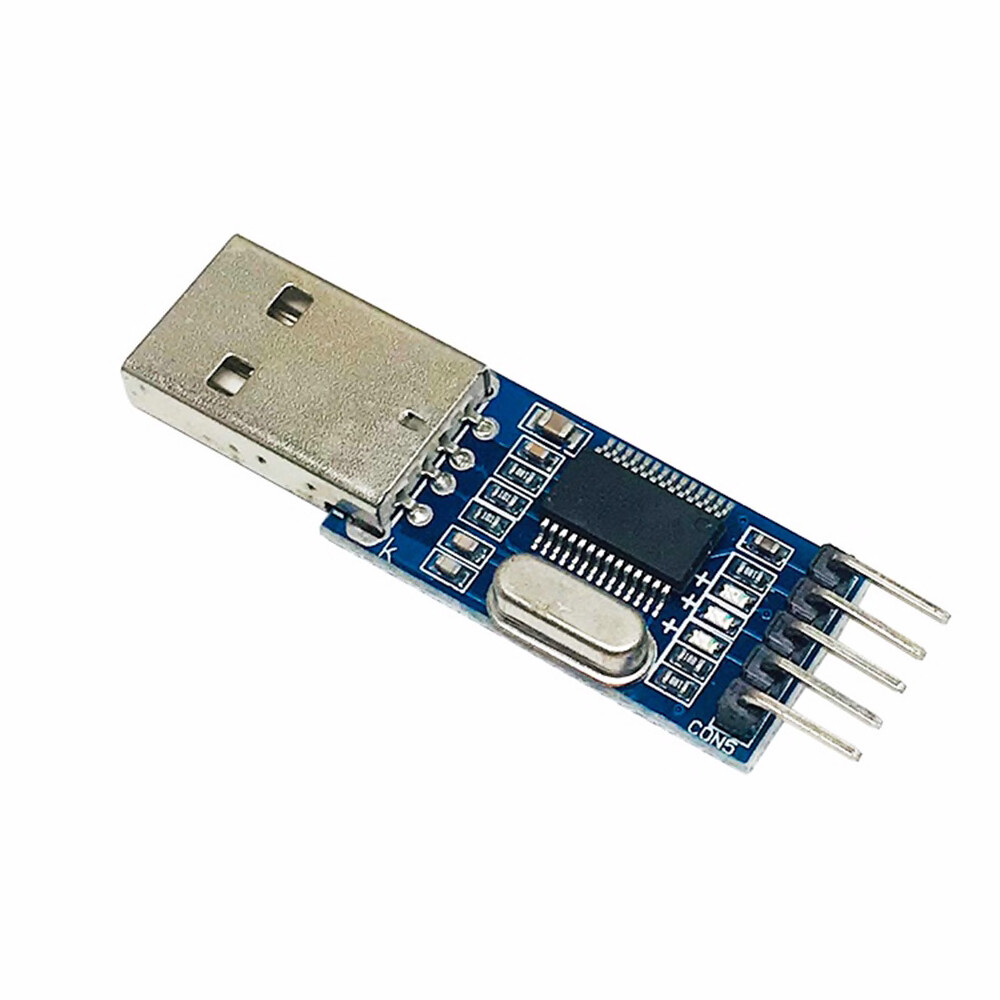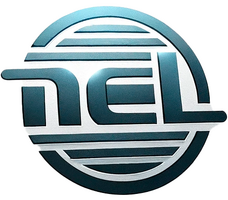PL2303 USB-TTL level converter board
PL2303 Module:
Product Name:
USB-TTL level converter board
Application:
1. A variety of satellite STB upgrade
2. routers, hard drives, ADSL, broadband cat or cracked upgrade firmware upgrade
3. Phone, XBOX360, GPS serial communication, vehicle inspection, DVD, etc. Brush
4. STC microcontroller programming, NXP microcontrollers, Renesas microcontrollers, NEC SCM
5. A simple serial communication, HyperTerminal serial debugging tools in common
6. electronics enthusiasts can use the USB signals to TTL signal
Features:
1. Imported new original control chip PL2303HX, high-speed stability Brush
2. Set the two real-time monitoring of data transmission indicator data transfer status
3. reserve 3.3V and 5V pin interface to facilitate the supply of different voltage systems require Brush
4. Interface pin parallel with the board, and the board instead of a vertically mounted, leads DuPont wire brush when convenient
5. The entire circuit board using high-quality transparent coating heat-shrinkable tubing, so that the PCB with the outside world into the insulating state
Thus protecting the metal board is accidentally shorted and burned, due to the use of transparent material, it does not affect the board pick
Watch the opening screen and indicator monitoring results
6. Support WINXP, WIN7 systems
Now basically a computer with a serial port are rarely, playing board or upgrade some equipment when more trouble, USB-TTL good solution to this problem, the computer did not have to worry about the serial port of the problem, directly into the USB and the other end connected to the development board download port or port to upgrade equipment.
This adapter board USB to TTL chips imported PL2303, which is the most commonly used are the best use of a chip.
To see the board with a very compact and reasonable dual-panel design, using a standard USB connector with the output pin leads, very easy to connect with other board.
Tip: USB-TTL small board with a microcontroller or other products is the connection method:
USB-TTL Microcontroller
TXD <----> RXD
RXD <----> TXD
GND <----> GND

